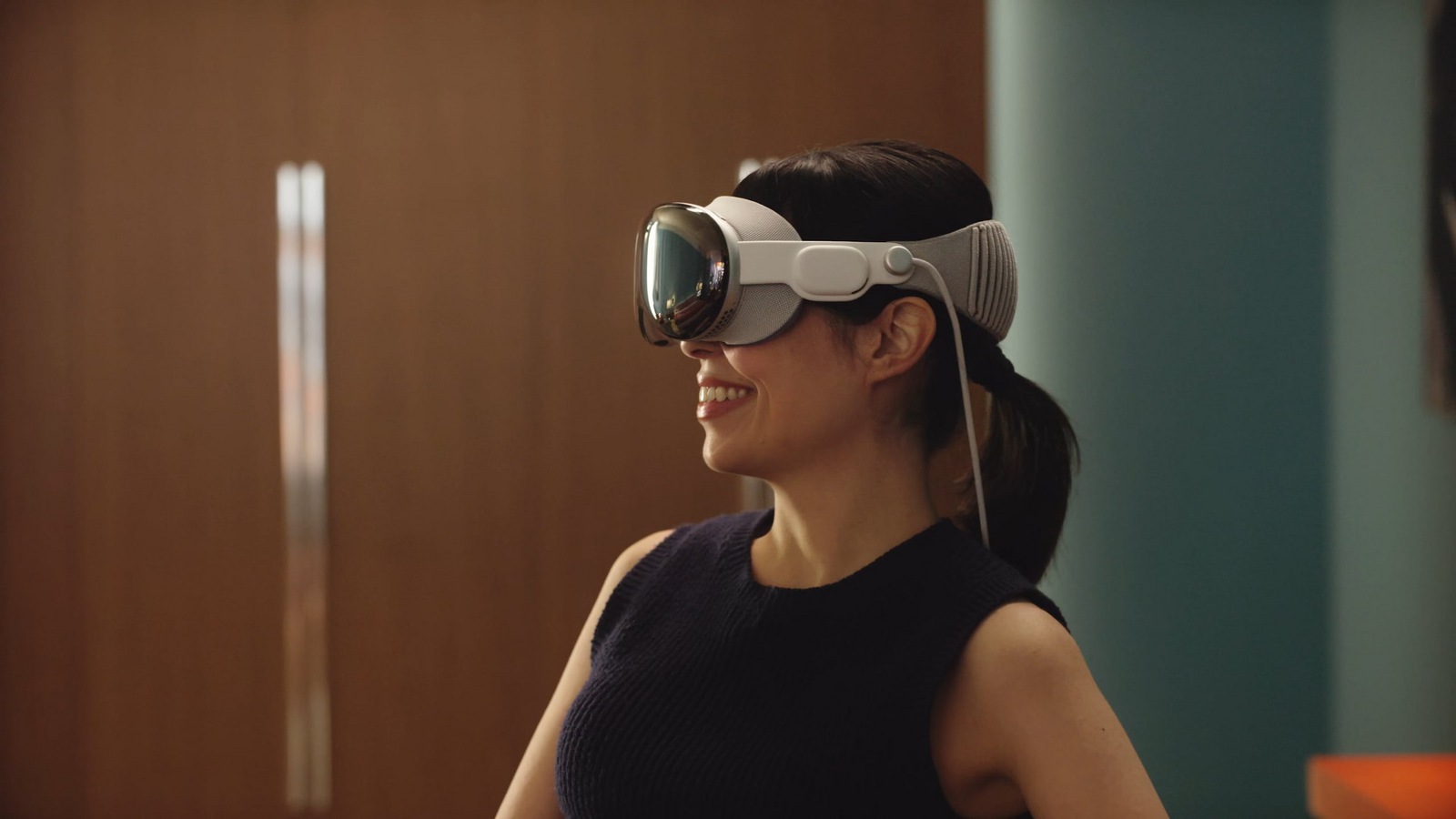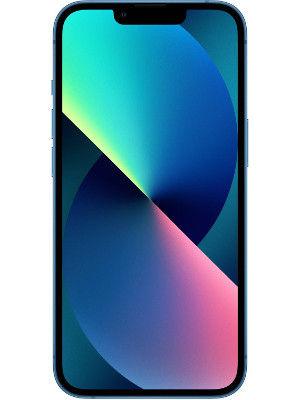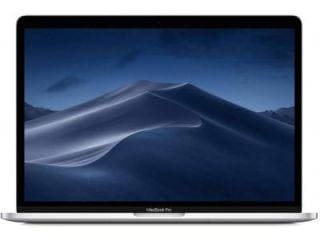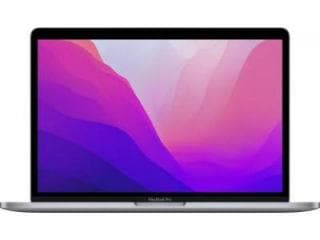In Apple We Trust … With More and More Personal Data
The company’s strong reputation for privacy will be tested as it begins to gather more sensitive data and grows its ad business.

If Facebook made a mixed-reality headset packed with a dozen cameras that not only scanned your living room but also your eyeballs, would you wear it? If Amazon.com Inc. made a journaling app that prompted you daily to give behavioral data, would you dish? If Google made a watch that asked you to log the peaks and troughs of your moods to build a picture of your mental health, would you give that information away?
If you answered “no” to these questions, you've also highlighted the unique position Apple Inc. has carved out for itself. It's spent the last decade building up a reputation for protecting its customers' privacy — and it is increasingly putting that to the test. At its World Wide Developers Conference this week, the company announced new products that would process more personal information about consumers than ever before, from retinal scans to mental health data.
The company's new Journal app, which will come out this September, prompts users to write about their experiences throughout the day based on where they've been, what music they've listened to and what exercise they might have done. A new feature in Apple's Health app meanwhile encourages people to log their daily emotions on their iPhone or Apple Watch. The goal is to “enable users… to better care for their mental health.”
That, along with all the private footage processed on the company's new headset, is an extraordinary level of personal data to trust to a single tech company. But privacy advocates this week were like mimes in a library — completely silent. No complaints. That's because Apple, with its estimated 2 billion active devices across the world, has built some of the highest levels of consumer trust in the tech industry, and there seems little to worry about. The company is so well-respected for its approach to data protection that Anthropic, one of the world's most cutting-edge AI companies, borrowed text from Apple's Terms of Service to morally steer its own “ethical” competitor to ChatGPT.
Five years ago, at the height of the Facebook and Cambridge Analytica scandal, the idea of selling a computer that scanned your retinas, or an app that tracked your mental health, would have seemed deeply invasive. But Apple can pitch such services, which need that data to become more personalized, because the company doesn't collect it or repackage it for advertisers, the longstanding business model for social media and online search firms.
Apple can maintain its reputation for privacy because it is a devices company, meaning its apps process information on devices themselves, rather than on servers in the cloud. An array of increasingly powerful proprietary chips, like the R1 that powers the sensors and cameras in the new Vision Pro headset, make that possible. Apple has been upgrading Siri to take more commands offline, for instance, utilizing its Neural Engine on iPhones and iPads with the A12 Bionic chip or later versions. By contrast, Amazon's Alexa only works when its devices are connected to the Internet.
The optical data that Apple collects through the Vision Pro is encrypted, stays on the headset and isn't shared with Apple itself or with third-party apps and websites, the company said this week. The same goes for the reams of new behavioral data that its Health and new Journal app will be collecting.
In the company's conference keynote video this week, Apple emphasized its commitment to user privacy more than usual, flashing an animation on the screen of the Apple logo turning into a padlock with a satisfying “clunk” noise several times throughout the presentation. It seemed as though Apple's leadership knew that the tradeoff for processing more personal data was reinforcing its privacy and security standards.
To that end, the company also announced new rules for developers making it harder for them to do device fingerprinting for targeted advertising purposes, and which also increases the amount of work they must do to show users how they are collecting their data.
There's just one oddity in all this, which didn't get any mention in this week's WWDC keynote: Apple's quiet efforts to build a bigger targeted advertising business. Apple puts display ads on its App Store and also on its News and Stocks apps, and the company is planning to expand those ads to other pages on the App Store.
Apple's advertising unit has meanwhile been growing in size and gaining more internal clout. According to a Bloomberg News report last year, Apple is planning to grow its annual ad revenue from $4 billion to the double-digit billions over the next few years. Research group Evercore ISI estimates that revenue could hit $30 billion over the next three to four years.
The data that Apple uses for targeted advertising is processed by the company and not shared with third parties — which is what Facebook does — but that personal information is still flying around an enormous internal ecosystem. And while the company has told me that three-quarters of its mobile users have personalized ads turned off, that still leaves hundreds of millions of others whose personal details are being used by Apple to show them ads in the App Store. And they are likely to see such advertisement more as the company's ad business grows.
For now, Apple seems to be striking a workable balance between processing much more personal data and using it within its own walled garden. But as its ad business grows, and it invites more third-party developers onto the new Vision Pro platform, Apple will be under greater pressure to keep that balance in check. It may well get harder over time too.
Parmy Olson is a Bloomberg Opinion columnist covering technology. A former reporter for the Wall Street Journal and Forbes, she is author of “We Are Anonymous.”
Catch all the Latest Tech News, Mobile News, Laptop News, Gaming news, Wearables News , How To News, also keep up with us on Whatsapp channel,Twitter, Facebook, Google News, and Instagram. For our latest videos, subscribe to our YouTube channel.
































